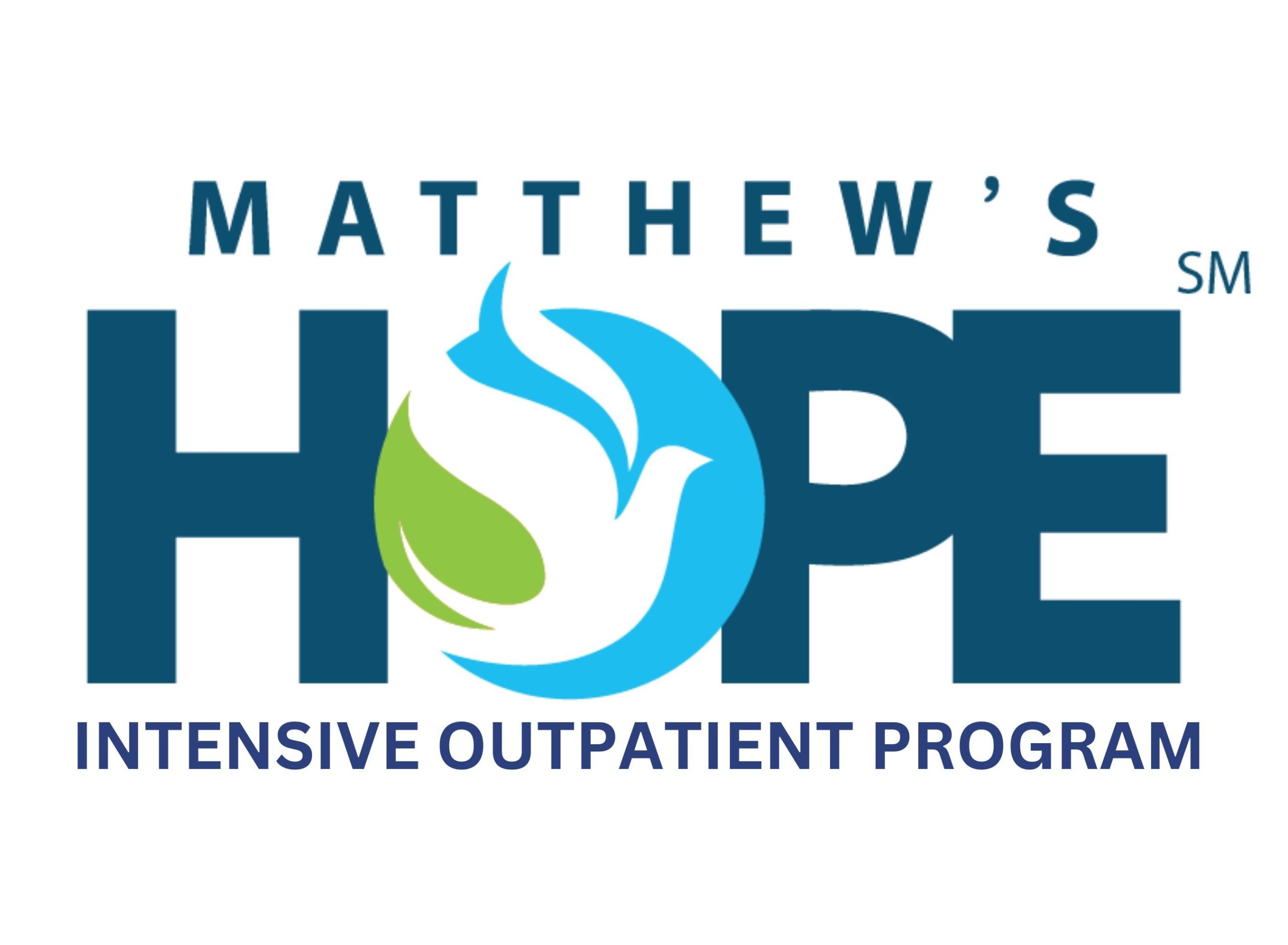Matthew’s Hope Intensive Outpatient Program (MHF IOP) a unique outpatient recovery program and 2-year aftercare model. We have a 3-tier approach to treating the mind, body, and spirit from the effects of substance use disorder.
The Recovery Support Team (RST) works with, and in addition to, any post-discharge treatment options. Recovery Support Team – Provides 2-years of support post-discharge which includes daily virtual support, weekly Microcurrent Neurofeedback relaxation therapy (MCN), weekly health and fitness events, spiritual growth groups, one-on-one recovery coaching, and foundational recovery support.
MHF IOP and its team understand that recovery is a lifestyle change and a lifelong journey. Therefore, we have adopted an approach to tailor each individual’s recovery plan to his/her specific needs and goals. MHF IOP is dedicated to walking shoulder to shoulder with each client each step of the way through this process of healing and restoration.
Recovery Support Begins Immediately
MHF IOP also understands the importance of an easy transition from a medical detox inpatient stay into the next level of care. The Recovery Support Team (RST) plays a vital role in long-term recovery success. Our clients meet and build rapport with the RST team while in IOP. Our Recovery Support Specialists are facilitating Big Book and Spiritual Wellness groups in the IOP Monday through Friday as part of our optional Outpatient curriculum. Every client choosing abstinence-based recovery is given the opportunity to enroll in RST for post-discharge recovery support. This is offered in addition to their clinical discharge recommendations and is free of charge.
Recovery Support In IOP
Each participant enrolled in RST is assigned a state credentialed Recovery Support Specialist (RSS). The role of the RSS is to work collaboratively with each alumnus as they venture onto their journey of recovery and transition back into daily life. The RSS will offer in-person, virtual, and phone support to clients in times of need and provide accountability. An RST member can be utilized for Program of Recovery options: 12-step based programs (AA, NA, DAA) or alternative abstinence-based recovery programs like ReGeneration, Celebrate Recovery, SMART, or Refuge. RST also offers support for spiritual wellness, prayer & meditation, physical health, diet & nutrition, relapse prevention, daily tools & new coping skills. The RSS offers participants individualized recommendations for sponsors, meetings, support groups, therapists, counselors, psychiatrists, sober-living houses, IOP/PHP, residential & long-term treatment facilities, and much more! Participants can remain active and get recovery support in RST for up to 24 months post discharge regardless of their location.
Microcurrent Neurofeedback
Active RST participants are also encouraged to continue their Microcurrent Neurofeedback (MCN) sessions post-discharge as part of our unique and highly successful care model. Clients began receiving MCN while in IOP and the RST team works with each client to eliminate any barriers that may prevent them from continuing MCN post discharge. Continuing MCN is important because this form of MCN naturally produces reuptake of feel-good endorphins and is a chemical-free, painless and enduringly sustainable way to lessen anxiety, depression and cravings in early recovery. We have observed that consistent RST engagement along with continued MCN is what produces amazing sobriety successes at MHF IOP.
Bridging the Gap
The MHF IOP care model, which includes 2 years of free individualized recovery support, and continued Microcurrent Neurofeedback, will bridge the gap between treatment and sustained sobriety. Studies have shown that more than 85% of individuals relapse and return to use within 1 year after treatment.
We believe the MHF IOP care model gives individuals the best chance at long-term sobriety and sustained recovery because we focus on healing the mind, body, and spirit. Matthew’s Hope is where complete healing and recovery are possible.
If you or a loved one is struggling with addiction, please reach out to Matthew’s Hope Intensive Outpatient Program today. We are here for your support.




